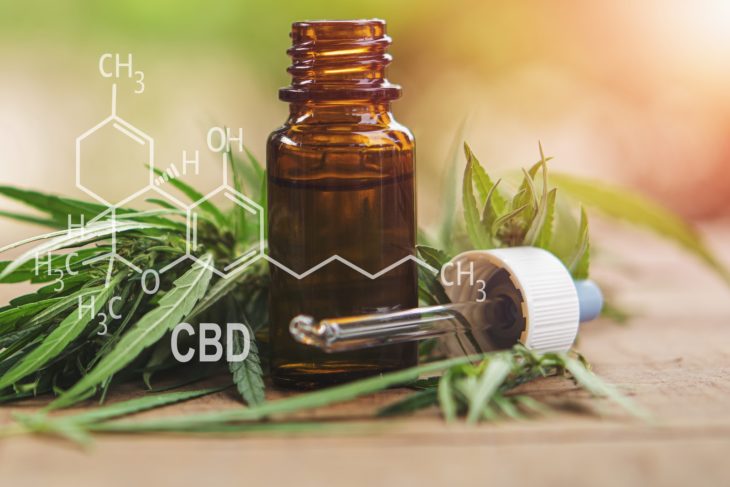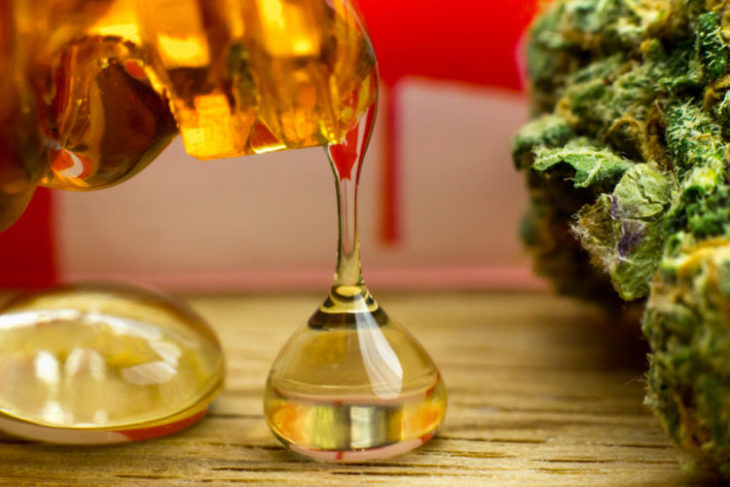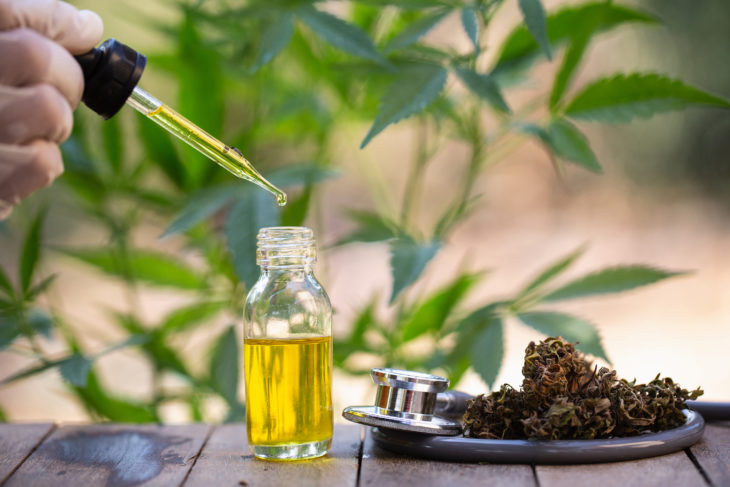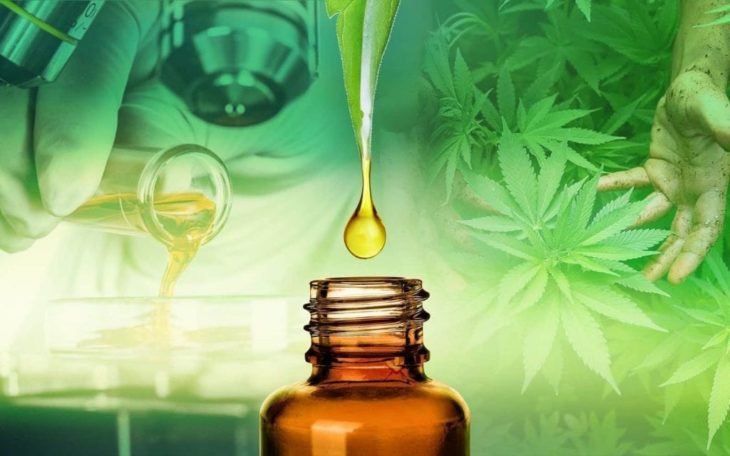One of the most exciting health trends to pop up over the last five years is CBD oil. Short for cannabidiol, CBD oil is a hemp extract that offers a lot of potentials. From earning an “organic” status to the hundreds of studies on CBD, it’s clear that this is not a fad. With so much evidence mounting up, CBD oil is here to stay.
If you’ve never thought much about CBD oil, there are many potential benefits that may make you give it even more consideration. Here are five interesting facts you didn’t know about the wonderful world of CBD oil.
Contents
1. CBD oil doesn’t necessarily contain only CBD

Source: uconn
The main ingredient in CBD oil is – as the name suggests – cannabidiol. However, CBD oil doesn’t necessarily only contain CBD. Depending on which kind of oil you choose, you could be getting even more cannabinoids in every serving.
Full-spectrum CBD oil, such as those produced by NuLeaf Naturals, contains all the cannabinoids, naturally extracted from organically-grown plants. The human endocannabinoid system reacts to and absorbs each of these different compounds, which science suggests offers some human benefit.
To ensure you get the most benefit from a CBD oil regimen, consider starting with full-spectrum CBD oil. Full-spectrum CBD oil’s efficacy with the body’s Endocannabinoid System will give you the most benefit from trying CBD.
2. Full-spectrum CBD oil can’t get you high

Source: Dr John Dempster
Although it’s true that full-spectrum CBD oil contains trace amounts of THC – the psychoactive ingredient found in marijuana plants – it’s not actually enough to get you high. In fact, as long as the total level is below a certain threshold, it is legal to possess in your home for personal use across all 50 states.
The national standard for full-spectrum CBD oil is a THC content of 0.3 percent. Anything with 0.3 percent or less is considered legal for possession and use in the United States. Because it is such a trace amount, the normal person would have to consume an unhealthy amount of full-spectrum CBD oil to get the “high” effect normally associated with cannabis.
Because different cities, counties, and states have different regulations on CBD oil and hemp products, it’s recommended that you use CBD oil in the comfort and privacy of your home. If you do decide to take it with you, be sure to understand the local regulations.
Keep in mind that depending on the drug test, you may still test positive for THC in your system. Some tests are more sensitive than others, and as you use full-spectrum CBD oil, your body builds a tolerance for it until it passes like other substances put in your body. While you won’t get high from it, you could still test positive, so be careful if you work a job you need to get drug tested regularly or randomly.
3. The USDA has a designation for “organic” CBD Oil

Source: Business Matters Magazine
It’s not unusual to see grocery stores and markets advertise their line of “organic” fruits, vegetables, or dietary supplements. But did you know that the U.S. Department of Agriculture also has an organic designation for hemp?
Hemp plants grown for CBD oil production can also be designated “organic” if they meet the same criteria set for organic fruits and vegetables. To get the designation, plants must be grown on land that has not been treated by prohibited substances over the last three years, sown with organic seeds, and managed using natural standards. The soil must be managed through cultivation practices and crop rotations, while pests and weeds must be managed through physical or mechanical controls.
Organic CBD oil is cultivated to the highest farming standards in the land, giving you all the benefits of the land without unwanted additives. Anytime you shop for CBD oil, be sure to look for the organic designation. If you’re not sure about the CBD oil, you’re planning to buy – ask questions.
4. CBD is the main ingredient of a prescription drug

Source: Time Magazine
Although the U.S. Food and Drug Administration has not come out with a formal opinion on CBD oil, it has proven beneficial enough to be the active ingredient in prescription medication. You may not have heard of Epidiolex (cannabidiol), but for families of children with epilepsy, it is making a difference.
Epidiolex is currently prescribed by doctors to treat seizures associated with two rare forms of epilepsy: Dravet Syndrome and Lennox-Gastaut syndrome. The medication was approved after three randomized, double-blind, placebo-controlled clinical trials. The group given Epidiolex showed improvement when using the prescription with other medications.
While Epidiolex is the only FDA-approved use of CBD, it hasn’t prevented doctors and researchers from looking deeply into its potential benefits for both humans and animals. As more research is done and released to the general public, the adoption of CBD oil is expected to grow between humans and pets alike.
5. CBD is one of the most researched compounds of the millennium

Source: cbm
Hundreds of studies in the past 20 years have focused on CBD use for a number of different conditions. Doctors and researchers have spent many hours studying how CBD can be used to reduce blood pressure and anxiety. Unfortunately, until more studies are done around the world to the efficacy of CBD oil, there will still be skeptics and naysayers who believe this is just another way to use marijuana and “get high”.
Veterinarians are also considering how CBD oil can benefit our four-legged friends as well. In 2019, the Colorado State University published a study on how dogs suffering seizures could potentially benefit from CBD oil. Although the work is far from complete, doctors called the findings “encouraging” to help animals live with a better quality of life.
Before starting any regimen, be sure to talk to your doctor about your goals, potential side effects, and interactions with medications you are currently taking. But with all the potential being shown from CBD oil, there is no better time to consider adding a tincture or capsule to your lifestyle.
